Mental Health in Tennis: Burning for Change - Issue #35
After years of athletes dealing with their struggles privately, things are slowly changing. But with players like Amanda Anisimova currently struggling, the battle for mental health rages on.
Written by Dove Sallow
"I don't know if I'm allowed to say this, but I finally started talking to a therapist after Indian Wells. It only took like a year after French Open... I realize how helpful it is. I'm glad that I have people around me that told me to go in that direction."
This was a statement made by Naomi Osaka after being heckled at Indian Wells last year. This statement was powerful, but also made me think. It's incredibly sad that she wasn't sure if she was "allowed" to say that she was seeing a therapist. That really tells you everything you need to know about the state of mental health awareness in sports at the time. Athletes like Naomi Osaka should feel they can share their struggles with the world as easily as they can share their triumphs. These men and women give their entire lives to sport so they can hopefully be in a position like Osaka - the position of a hero and sports icon. But even when sitting at the highest mountain peak, Naomi wasn't sure how the world would react to her seeing a therapist. To me, that highlights a flaw within the discussion of mental health in sport. If this is how Naomi felt, how do you think players outside of the top 100 felt? We often think of these athletes as superheroes. They do things that are seemingly impossible every day. But it's all too easy to forget that they have their struggles as well... and those struggles deserve to be addressed.
A tennis player's struggles can range from having a traumatic incident on the court to simply feeling homesick. These players travel for 10 months out of the year and often travel alone or with small teams. But human beings aren't meant to be alone. We are, by nature, designed for companionship. Whether it be with our family, friends, or spouses, we all need somebody to lean on in our daily lives. Dealing with stress is already difficult, but dealing with it alone and in a foreign country is an entirely different monster. When you take into account the players who aren't ranked inside the world's top 100, the struggles can be immense. A lot of these players can't afford to travel with a big team or bring anyone close with them to these tournaments. Some top players have the money to afford personal physical trainers to come to their hotel rooms after long matches and practice sessions. On the other hand, lower ranked players usually have to use on-site trainers provided by the tournament. They have to wait their turn, spending more time and effort just to get treatment, to be adequately prepared to compete.
The stress of the game itself can affect players' mental health. But it's mostly due to the nature of a tennis player's life. In terms of playing matches, they certainly go through stress. Between losing matches, traveling for long periods of time, and the negativity from social media, the game can start to weigh heavily. Tennis players have become the subject of online harassment as of late. They're treated like human punching bags - soulless faces whose worth is summed up by either a win or a loss. Some of the harassment comes from angry gamblers who lost money on a sports bet. Others are just angry for no reason. They feel it's their right to spread hate to someone they don't know. When Sloane Stephens lost in the 3rd round at the 2021 US Open, she shared some disturbing messages she received on instagram.
"I promise to find you and destroy your leg so hard that you can't walk anymore. Fixer and corruption like you must be banned forever in jail. I hope you enjoyed your last moments on court today."
This is one of many vile messages Sloane received. The rest of the messages were surprisingly much worse than this one. There were people wishing for her to be raped and kidnapped. She was called racist and sexist names.
This treatment is so far beyond the realm of what's acceptable for anyone living on this planet. It's hard enough to deal with a loss. These players give their 100% effort every time they choose to step on the court. They spend their money, time, and effort traveling the globe with the hope of winning. They are often their biggest critics after losses and they don't deserve to be treated with such vitriol under any circumstances. Amanda Anisimova is another player who recently shared a message she received in her instagram messages.
"The most unathletic body ever! Narrow shoulders and giant boobs"
The saddest thing about this message is that it came from another woman. As if women aren't judged enough by men, this woman had the audacity to comment about Amanda's body. Women have to deal with things that men don't have to deal with and never will. For starters, their bodies are judged harshly from the time they're teenagers. The same applies to female tennis players, only it's magnified because they're in the spotlight. Amanda is one of many female players who are judged on their appearance. Jelena Ostapenko's body was an important topic for some at the start of the Australian Open.
"Come on. Let's be honest. Ostapenko has put on A LOT of weight. She looks terrible"
This is a comment from Twitter that served absolutely no purpose other than to spread hate. Ironically, Jelena ended up reaching the last 16 of the Australian Open and has been playing some of her best tennis in years.
It's horrific what these athletes have to read about themselves. And it's even more horrific that society feels so comfortable commenting about women's bodies. It's weird, creepy, and needs to change. These players have to be unbelievably strong people to handle the hate they go through daily on social media. But no one should have to go through that. One day after Amanda posted the message she received about her body, she made an Instagram post saying that she's been struggling with her mental health and needs to take a break from tennis.
The use of therapists and mental coaches is now becoming more prevalent in tennis. For a long time, there was a stigma around the idea of seeking professional help. Not just in sports, but even for regular people. But tennis players and athletes are exactly that - regular people. With each athlete that's been open about their struggles, a barrier has come down. More and more players are now speaking openly about using a psychologist. Daria Kasatkina is one of them. Another big name is Elina Svitolina, the most successful Ukrainian player in the country's history. She's enlisted the use of a psychologist for her tennis, but more importantly, because of the emotional turmoil the war in her homeland has caused. Elina spoke to Tennis Legends Podcast on the topic.
"From time to time I work with a mental psychologist. It’s tough for me with the war going on. After I went to Ukraine in February, I had to really reset myself. It was extremely tough. When I feel I need help, I work for some time and then let it go again, to leave on my terms."
For Ukrainian players like Elina, their home is on fire and their loved ones are dying. Elina has said that she recognizes that many of her compatriots aren’t as fortunate as her. She lives and trains at her base in Monaco, but the stress of wondering how her grandmother is doing is constant. Her grandmother lives on the 10th floor of an apartment building in Ukraine. She has gone days without power at times. I can confidently tell you that I would not be able to gather the strength to step foot on a tennis court. But these players do it every day. In circumstances like this, the need for someone to talk to is essential just to get on with every day life, let alone to play tennis.
Mental health resources have started to become more readily available to these players. For the WTA, they've started a Mental Health and Wellness department. This means there are psychologists and people to talk to at some of the tournaments. The Mental Health and Wellness department expressed that their goal is to be at as many tournaments as staffing capacity and time allows. Unfortunately, this means there's still a gap that needs to be filled, and there are players who aren't getting the attention they need. But for the tournaments that do offer this on-site help, the players get to schedule sessions to talk about their struggles. They talk about expectations, on-court incidents, or anything that they might be dealing with. The players can book 30 or 60 minute sessions every day if they choose. WTA also offers telehealth services for players to communicate with someone in between tournaments. All of this is a great step towards helping these players. Obviously, it would be ideal if we could get this on-site help at every event on the tour calendar. As far as the ATP goes, they offer support to their players through Sporting Chance and Headspace. With this support, they’re able to contact someone 24/7 to talk about their mental health. Headspace gives the players access to their app for free, which has meditation offerings as well as other useful exercises. This support is absolutely beneficial to the players, but it would be great to see some on-site help for ATP players at tournaments. While talking to someone over the phone is helpful, human connection is very important when athletes are struggling. But it’s clear to see that tennis is moving in the right direction.
The discussion of Mental Health Awareness was something that desperately needed to be addressed. After decades of athletes being forced to walk through life, pretending that the negativity in the world doesn't phase them, their voices are being heard. Their voices are loud, clear, and valiant cries for change. With every athlete that uses their voice to talk about their struggles, they're sending a crystalline message. The bullies of the world may spew hate at them. The loneliness of traveling for 10 months out of the year may exhaust them. The struggles of everyday life may weigh heavily on their souls. But they will no longer be forced to endure these struggles silently. These athletes' voices are the winds of change, bringing in hope - hope to tennis players, athletes, and anyone else who might be going through something. We've thought of our athletes and sports legends as our heroes for a long time. But perhaps it's time to start thinking of them as human beings first.




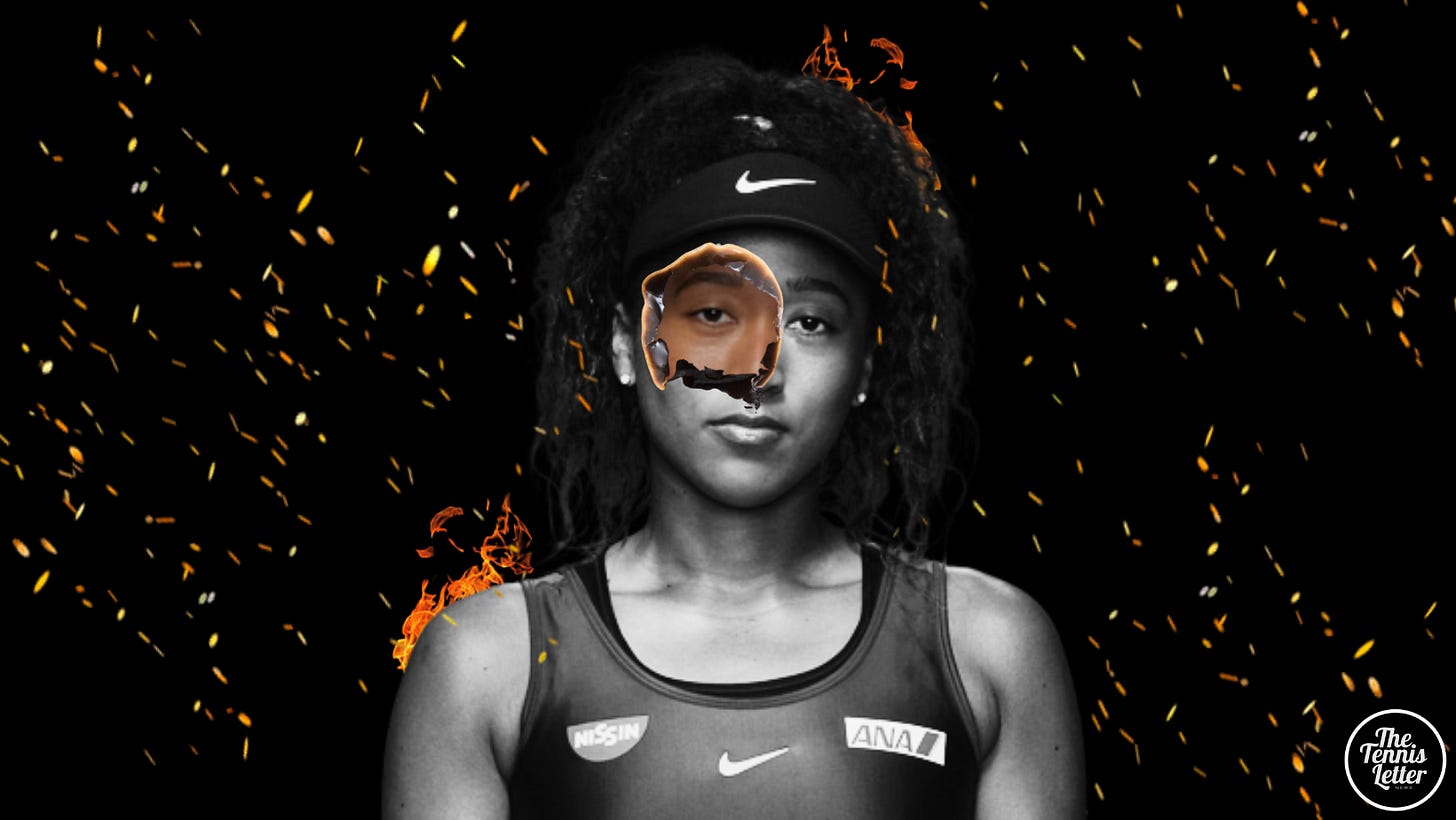
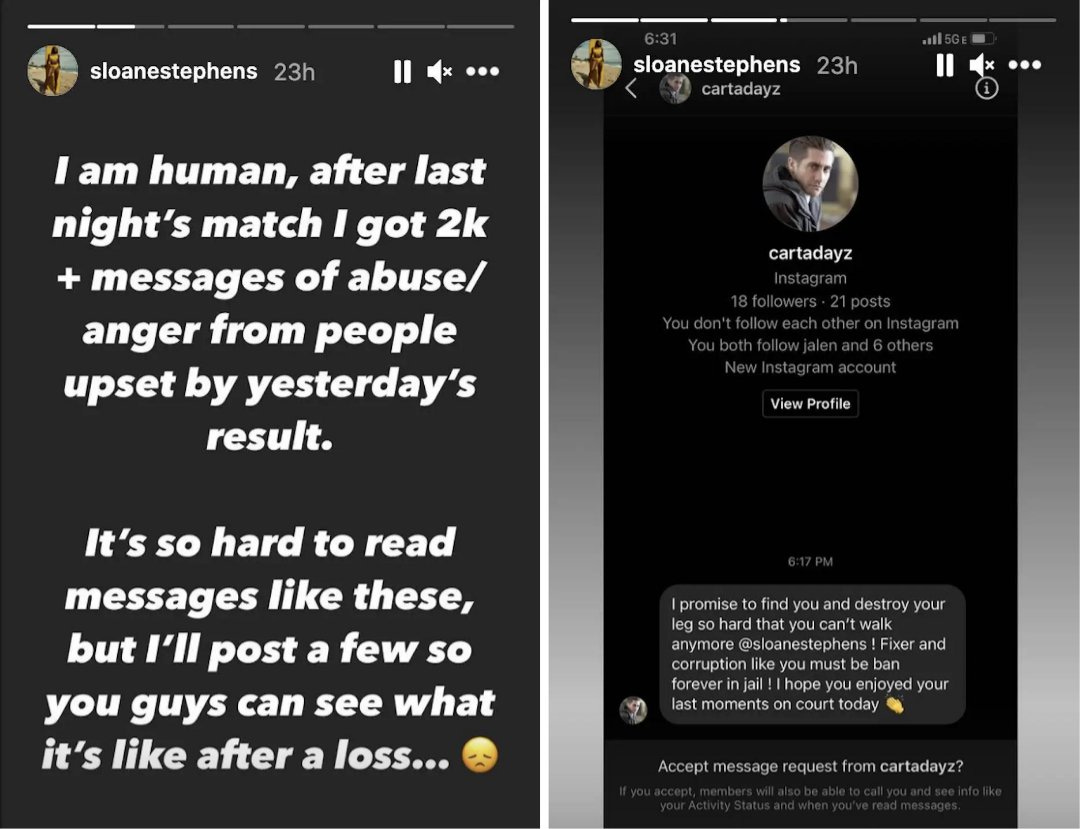
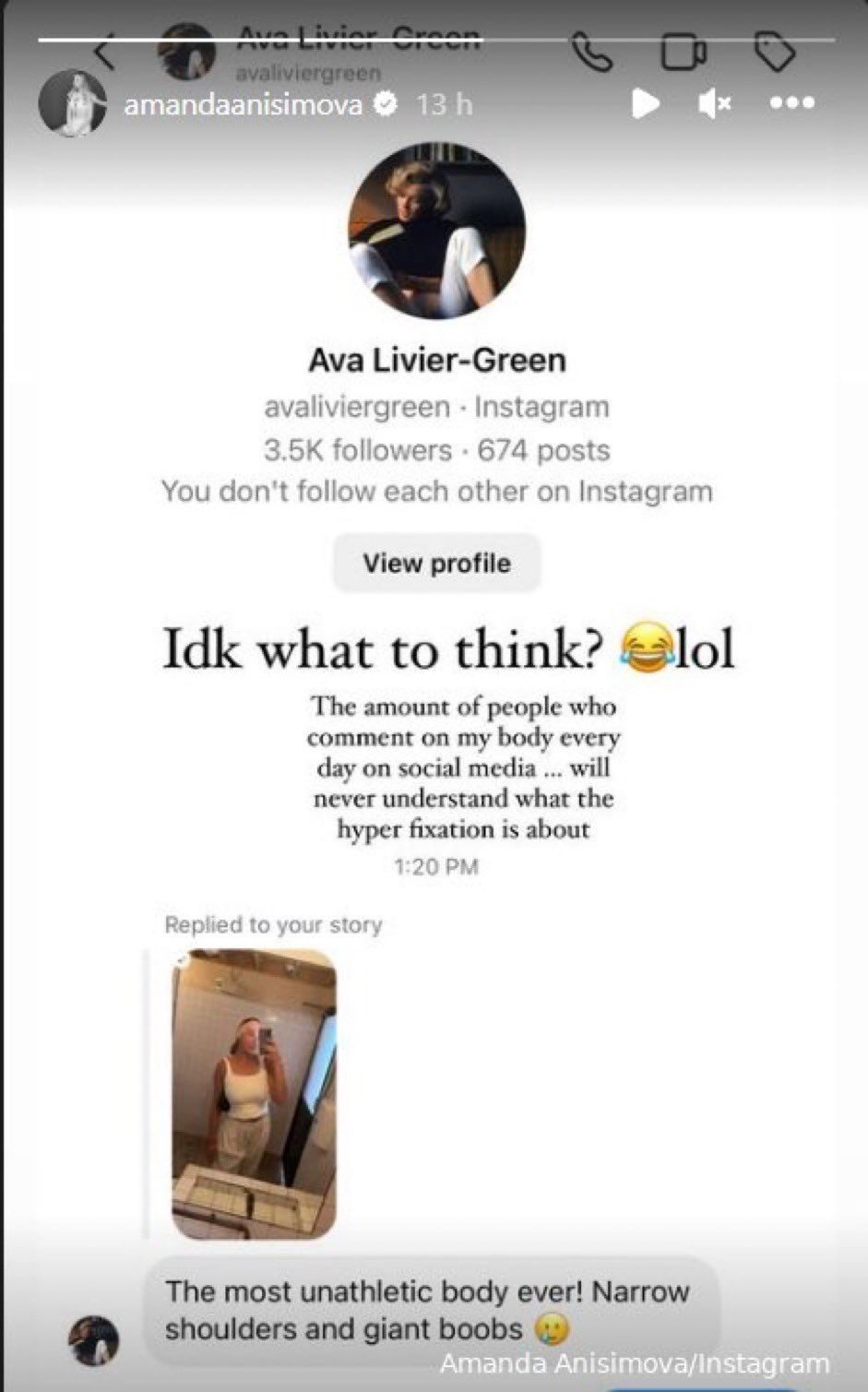
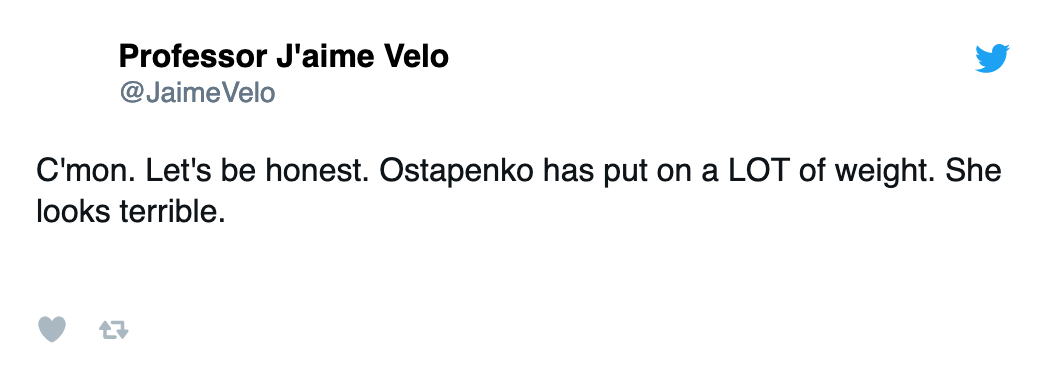
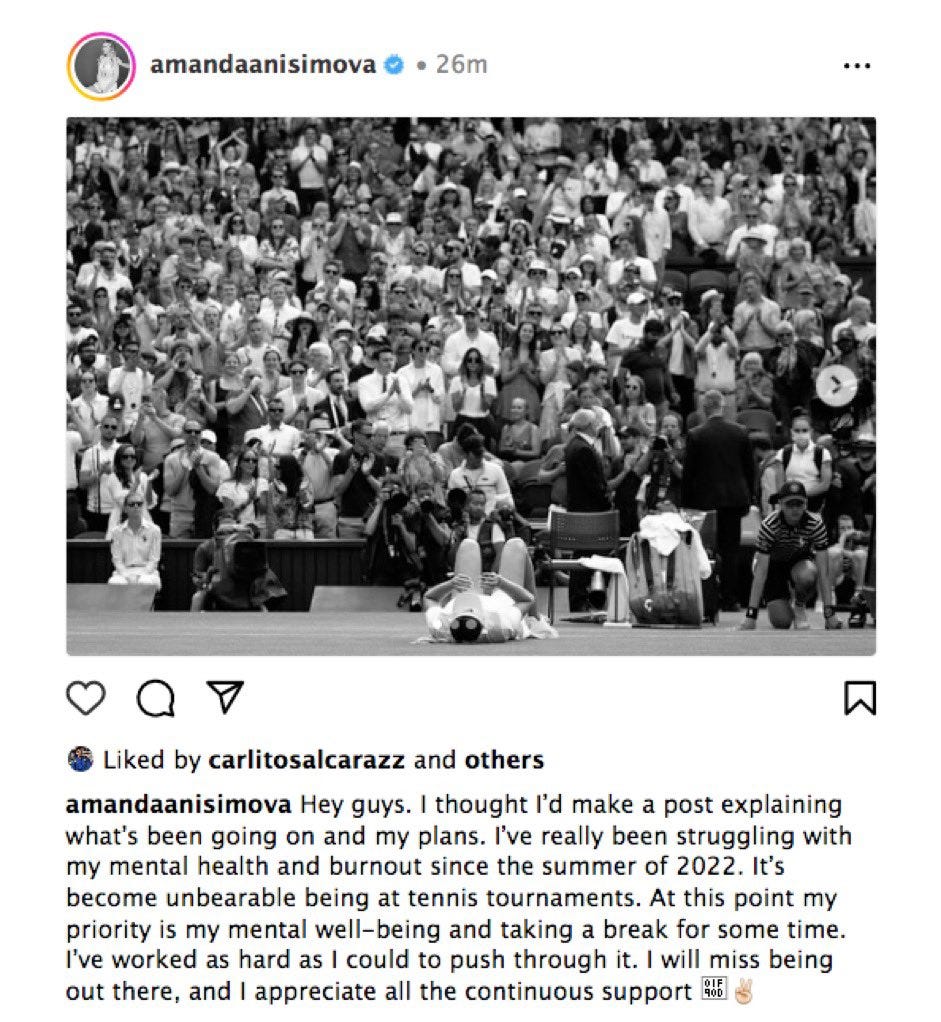
Great read. This is why I love what I do. If any tennis player is need of a mental health resource, don’t wait to send me an email. GoldenSoulAcademy@gmail.com.